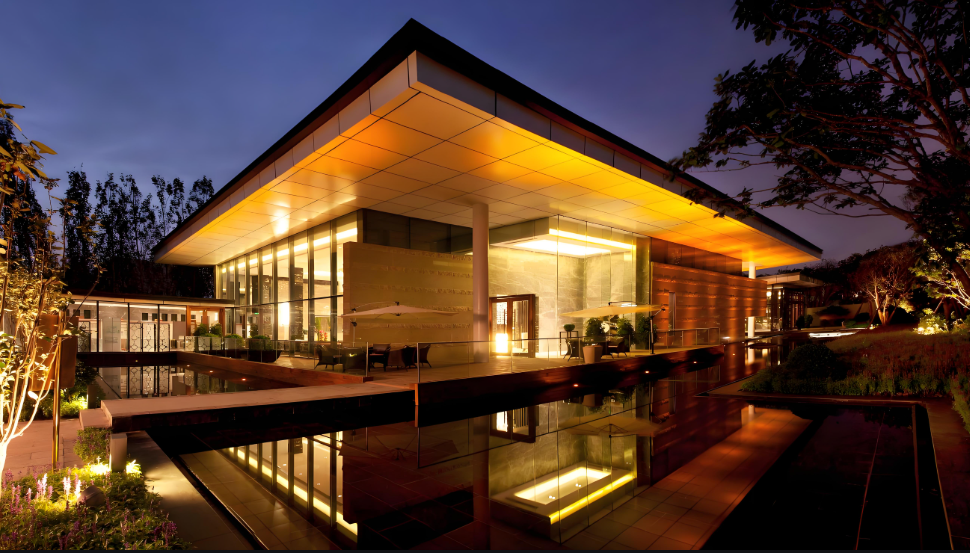
The widespread adoption of high-power LED lighting in commercial and industrial sectors is continuously driving the innovation of thermal management technologies. Traditional die-casting processes have long been limited by their physical constraints, restricting the design freedom of heat sinks and making it difficult to break through the thermal density bottleneck. Microchannel heat sinks, enabled by CNC precision machining, not only solve the problem of heat accumulation in high-power LEDs but also redefine the industry standards for thermal efficiency and reliability.
The core of this thermal breakthrough lies in the precise control of sub-millimeter structures by CNC machining. The capability to machine 0.5-millimeter ultra-thin fins significantly increases the density of heat dissipation area, leading to a leap in thermal conductivity. Real world measurements show that under the same power load, heat sinks with microchannel designs can reduce the temperature of critical hot zones by more than 15 degrees Celsius compared to traditional solutions. This significantly slows down light decay and extends the lifespan of LEDs. This technological innovation is particularly important for the 7 plus 24 continuous operation of commercial lighting in the UK, especially in the damp and rainy climate, where the reduction of thermal stress is directly related to the long-term stability of the lighting fixtures.
The biomimetic design of the microchannel structure further optimizes the thermal dynamics performance. Through computational fluid dynamics modeling, the topology of the internal channels of the heat sink can be intelligently planned according to the heat source distribution. For example, the dendritic channel layout, which mimics the fractal structure of plant veins or blood vessels, significantly reduces the flow resistance of the coolant. This results in a 40% improvement in airflow efficiency under the same pumping power. This design not only reduces system energy consumption but also reduces the volume of cooling components, providing more possibilities for the industrial design of compact high-end lighting fixtures. The optimized channel layout is precisely formed by multi-axis CNC equipment, ensuring the consistency of complex three-dimensional surface machining and avoiding geometric deviations caused by traditional etching or casting.
Material adaptability is another significant advantage of CNC-machined microchannel heat sinks. From lightweight 6061 aluminum alloy to high-conductivity copper alloy, to silicon carbide ceramics suitable for extreme environments, CNC processes can accommodate a variety of material solutions. 6061 aluminum alloy, with its excellent balance of thermal conductivity and corrosion resistance, has become the preferred choice for commercial lighting heat sinks. Copper alloy, on the other hand, is irreplaceable in medical and automotive lighting fields where rapid heat conduction is required. For ultra-hard materials like silicon carbide, CNC machining achieves high-precision micro-hole formation through ultrasonic vibration-assisted cutting technology, with hole position tolerance controlled within ±5 micrometers, completely solving the risk of base plate cracking caused by thermal stress.
The manufacturing of microchannel heat sinks marks a paradigm shift in thermal management technology from passive adaptation to active design. The customized topological structures enabled by CNC machining meet the instantaneous cooling needs of high-power LEDs and provide lighting system integrators with comprehensive value in terms of lightweight, low-noise, and long-life. As the UK construction industry accelerates towards net-zero carbon goals, such efficient cooling solutions will become a core component of sustainable lighting systems. They will help reduce energy consumption while minimizing the use of cooling materials, contributing to a dual reduction in carbon footprint.
As a pioneer in advanced thermal management technologies, we continue to explore the innovative integration of precision manufacturing and thermal science, providing underlying technological support for global high-end lighting projects. For more technical details and engineering cases, please visit www.simituo.com.